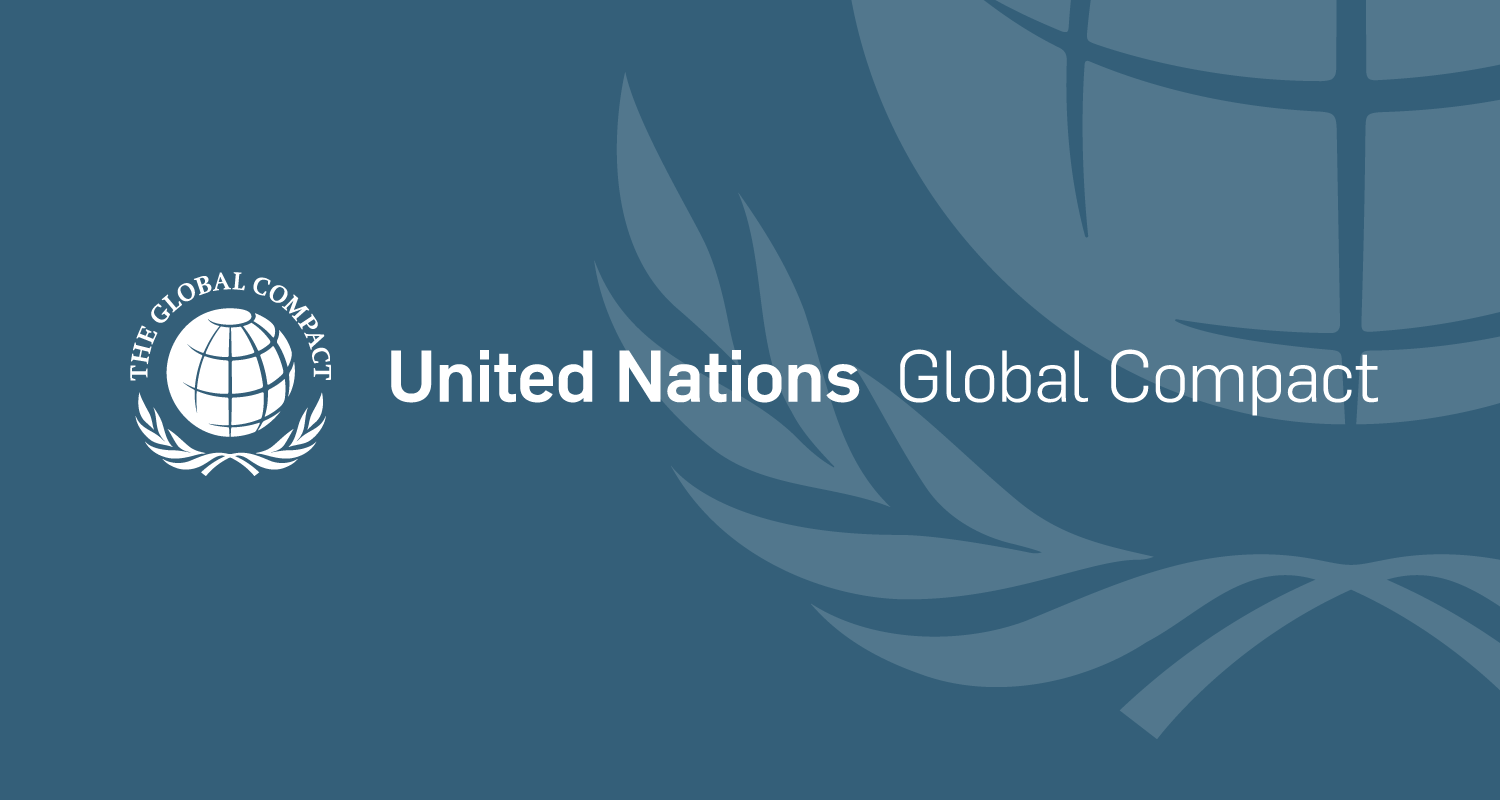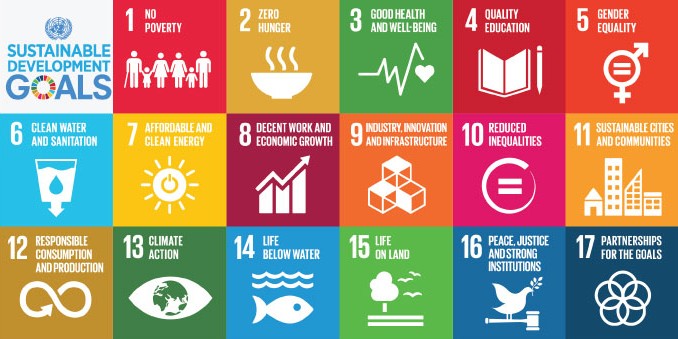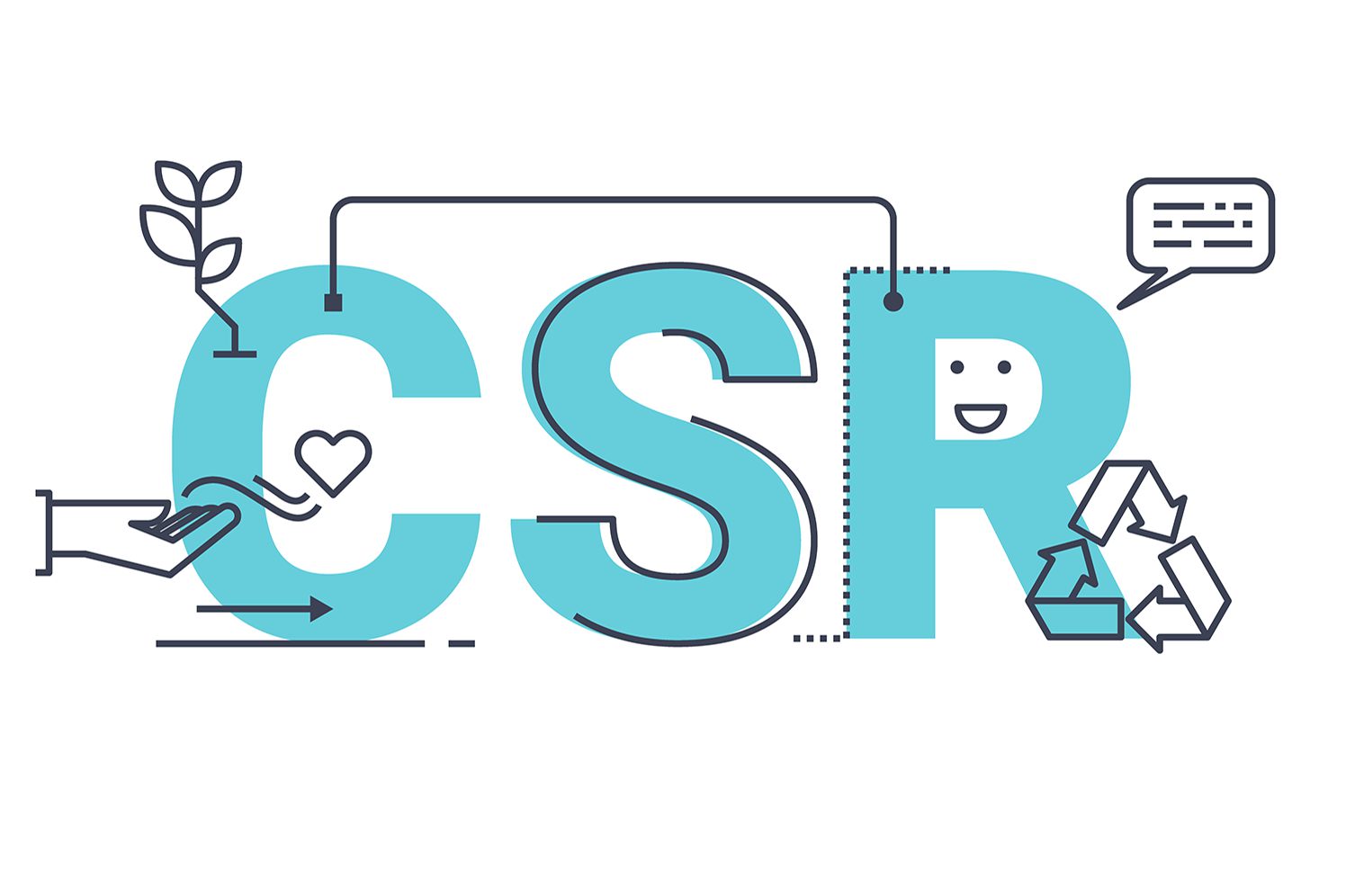The significance of SDGs to enterprise development
2019-10-31GoldenBeeHan Bin0

Han Bin, Executive Secretary-general of Global Compact Network China
"Enterprises should seize the opportunities brought by SDGs to embrace the new era of business pattern, innovate in thinking, and create shared value."
Society is the mother of enterprises and enterprises depend on society to exist, develop and grow stronger. It is the conscience and responsibility of enterprises and a virtuous circle of interaction between enterprises and society to repay the society with their own efforts after their development and growth. Chinese enterprises always have fine traditions and noble values of the Chinese nation, such as "value righteousness and belittle profit" and "making money in a proper way".
In today's fierce market competition, the status and influence of enterprises, especially large-scale enterprises and multinational companies in global economic, social, political and cultural life are more and more extensive. Business ethics and social responsibility have become an important factor for enterprises to improve their competitiveness, which requires entrepreneurs to have the business philosophy and corporate behavior with distinct era characteristics, and strengthen their responsibility for economic, environmental and social development. It is also the only way to achieve enterprise development and social sustainable development.

As early as the turn of the century, the United Nations launched the UN Global Compact Initiative by former United Nations Secretary-General Kofi Annan, to promote corporate social responsibility and sustainable development, mobilize businesses as part of the solution and call on businesses to abide by internationally recognized principles in business ethics, human rights, labor standards and the environment. The responsible and creative enterprise models will help build a global mechanism to promote sustainable economic development and improve social benefits, thus bringing the world market a humane outlook. Since the UN Global Compact Initiative was launched, it has received support and participation from many stakeholders in sustainable development.
So far, 9,700 enterprises, including Chinese enterprises, and 3,300 non-enterprise organizations have become members of the UN Global Compact. They have pledged to support and implement the ten principles of the UN Global Compact and contribute to the sustainable development of the world. In September 2015, the UN Sustainable Development Summit adopted the 2030 Agenda for Sustainable Development and its 17 Sustainable Development Goals (SDGs), which further promoted the participation of enterprises in the process of global sustainable development and further helped enterprises to contribute to global sustainable development. The SDGs also provide guidance and unprecedented opportunities for enterprises to practice social responsibility, improve economic efficiency, carry out extensive cooperation, innovate in business models and realize their own sustainable development.

The SDGs point out the priority directions for enterprises to practice social responsibility. The global economic integration, the evolution of international business environment, and impact of the global financial crisis in 2008 drive the society to abandon the pure pursuit of short-term profits gradually. Many enterprises realize that CSR fulfillment is the basic factor to reduce the risk of enterprise operation, and is also a necessary condition for the long-term sustainable development of enterprises. The goal of sustainable development is to end extreme poverty, overcome inequality and injustice and curb climate change globally. These goals are set by many stakeholders, including representatives of enterprises, after thorough discussion, and adopted by the governments of 193 member states of the United Nations. They provide common goals, clear priorities and indicate the development direction for enterprises to participate in the global sustainable development.
SDGs provide a blueprint for enterprises to integrate business interests with social responsibility. The SDGs include requirements on agriculture, energy, manufacturing, finance, education, environment, and urban and community development, and also provide methods and suggestions for the implementation of the goals, which enable enterprises to clearly see the combination of their core business and social sustainable development, thus promoting enterprises to make use of the framework provided by SDGs and effectively formulate CSR strategies and policies.

In China, ICT enterprises provide data collection, information sharing and other services for agricultural production to help improve agricultural production efficiency. Energy enterprises reduce environmental pollution by developing clean energy and improving utilization efficiency. Through technological innovation, scientific and technological enterprises can improve production efficiency and promote employment and education equity. Guided by the SDGs, enterprises take the initiative to integrate core business with the specific aspects of social sustainable development. While promoting the realization of their own economic interests, they are more proactive in fulfilling their social responsibilities.
SDGs provide a new mode of cooperation among enterprises around the CSR practice. Many enterprises are willing to repay the society as an independent organization when fulfilling their social responsibility. They take their own managers and employees as the center to establish a responsible corporate culture. However, the effect is very limited for enterprises to make their own efforts alone. Through decent work, sustainable production and consumption, SDGs emphasize mutual supervision and cooperation in human rights, labor standards, environmental protection and anti-corruption in the whole supply chain. At the same time, building sustainable cities and communities and strengthening stakeholder relationships can promote horizontal cooperation among enterprises, and build a sustainable development environment and relationship network. Especially, the 17th goal “strengthen the means of implementation and revitalize the global partnership for sustainable development” will promote more resource integration and further strengthen the cooperation between enterprises and other stakeholders.

SDGs provide opportunities for business model innovation of enterprises. The SDGs further strengthen the public and other stakeholders' attention to the concepts of green and low carbon development, zero carbon, biodiversity and water sustainability, etc., and promote the vigorous development of a series of industries and innovative projects, for example, the production of traditional medicinal materials depending on species diversity, the engineering projects to deal with the regional drinkable water resources depletion, the development of green credit and green finance business targeting environmental engineering by financial enterprises, and the biodiversity protection by agricultural and animal husbandry enterprises while achieving diversification of production value. The SDGs provide new opportunities for enterprises to open up new business models and expand development space.
(Translated by GoldenBee, the Chinese version of this article is issued on China Sustsinability Tribune wechat account)
(Images in this article are from the Internet)
(Translated by GoldenBee, the Chinese version of this article is issued on China Sustsinability Tribune wechat account)
(Images in this article are from the Internet)
Best Practices
- The 100-year brand — Air Liquide also has a sense of juvenile
- Beijing Public Transportation Corporation: Developing green transportation to build a harmonious and livable capital
- CGN: Building a modern factory in barren deserts and developing a new win-win cooperation model along “Belt and Road”
Upcoming Event

All the materials on the site “Source: XXX (not from this site)” have been reprinted from other media. They do not imply the agreement by the site.
All the materials with “Source: CSR-China Website” are the copyright of CSR-China Website. None of them may be used in any form or by any means without permission from CSR-China Website.
GoldenBee Official WeChat
Copyright © Csr-china.net All Right Reserved.
京ICP备19010813号










